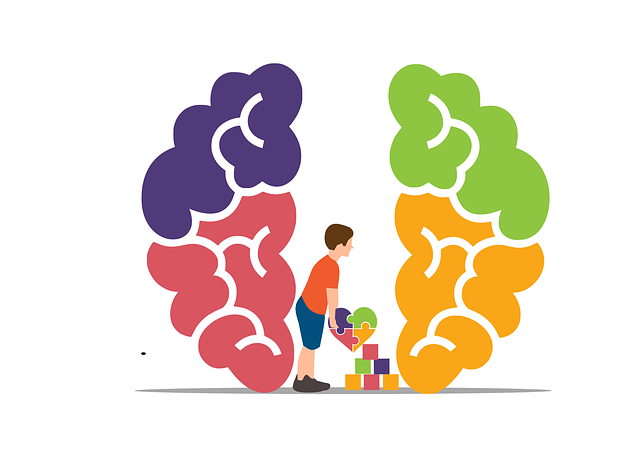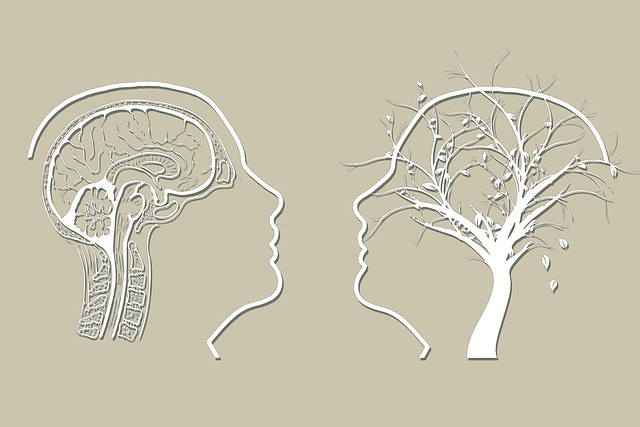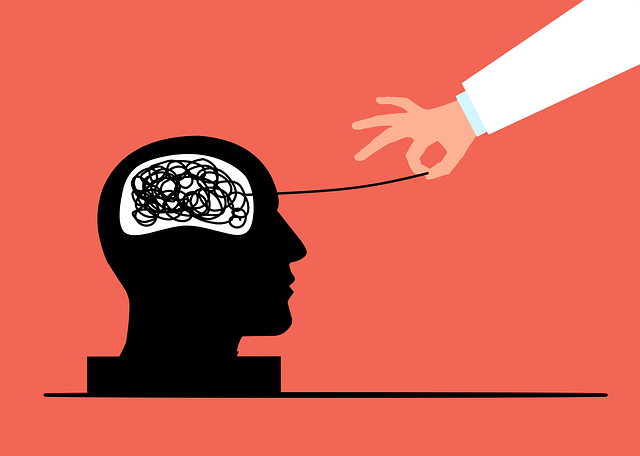Community outreach programs play a vital role in addressing mental health challenges among young children by bridging socio-economic gaps and cultural stigmas that hinder access to professional therapy. Using tools like public awareness campaigns, self-awareness exercises, and mental wellness podcasts, these initiatives educate parents and caregivers on recognizing depression and available treatment options. CBT and other effective therapy models, when implemented early, foster resilience and prevent long-term mental health issues. Measuring success involves assessing youth well-being impacts, integrating services to reduce stigma, using regular assessments and feedback, and collaborating with healthcare providers. Public awareness campaigns further enhance program effectiveness. Continuous engagement, adaptability, and strong community partnerships are key to sustaining positive outcomes for Therapy for Young Children Depression.
Community outreach programs are vital in addressing the growing need for mental health support among young people. This article explores strategies to implement effective therapy models tailored for young children experiencing depression, focusing on community engagement and accessibility. We delve into best practices for identifying and reaching at-risk youth, while also measuring the success and long-term impact of these programs. By understanding the unique challenges faced by young children with depression, we can foster sustainable well-being through targeted outreach initiatives.
- Understanding the Need for Community Outreach Programs in Mental Health Support
- Implementing Effective Therapy Models for Young Children with Depression
- Measuring Success and Sustaining Long-Term Impact on Youth Well-being
Understanding the Need for Community Outreach Programs in Mental Health Support

In today’s fast-paced world, community outreach programs play a pivotal role in addressing mental health challenges, particularly among young children. The implementation of such initiatives is essential to bridge the gap between vulnerable communities and accessible therapy for depression. Many factors contribute to this need; from socio-economic barriers that limit access to professional help, to cultural stigma surrounding mental illness, which often keeps families from seeking support. Community outreach programs aim to combat these issues by bringing mental health services directly to affected individuals, fostering an environment where therapy for young children with depression becomes more accessible and less intimidating.
Public awareness campaigns development, self-awareness exercises, and mental wellness podcast series production are effective tools within these outreach programs. They serve as educational resources, breaking down complex topics into understandable formats. By raising awareness about the signs of depression in children and available treatment options, these initiatives empower parents and caregivers to take proactive steps towards seeking help. Moreover, they contribute to a broader cultural shift, encouraging open conversations about mental health and reducing the associated stigma, ultimately enhancing the overall mental wellness of community members.
Implementing Effective Therapy Models for Young Children with Depression

Implementing effective therapy models is paramount when addressing depression in young children. Early intervention plays a crucial role in fostering resilience and mitigating long-term mental health issues. Researchers have developed various therapeutic approaches tailored to this age group, focusing on both individual and group settings. One promising model emphasizes cognitive behavioral therapy (CBT), which teaches children to identify and challenge negative thought patterns while promoting healthier coping strategies. This evidence-based practice has shown significant improvements in symptoms of depression and anxiety among young clients.
Additionally, incorporating confidence-boosting activities within these therapy models can be transformative. Social skills training, for instance, equips children with the necessary tools to navigate social interactions successfully, fostering a sense of belonging and self-worth. Risk management planning for mental health professionals is also essential, ensuring they are equipped to handle crises and provide timely support. These comprehensive approaches not only address depression but also lay the foundation for overall well-being and personal growth in young individuals.
Measuring Success and Sustaining Long-Term Impact on Youth Well-being

Measuring the success of community outreach programs is a multifaceted process that goes beyond immediate outcomes. It’s crucial to track long-term impacts on youth well-being, especially regarding mental health issues like depression, which significantly affect young children. By integrating therapy and support services within these programs, communities can break down barriers and reduce the stigma associated with seeking help for mental illness.
Community outreach program implementation should be evaluated through regular assessments, feedback from participants, and collaborations with local healthcare providers. Public awareness campaigns development can further enhance these efforts by educating the public about early intervention strategies and available resources. Sustaining long-term impact requires continuous engagement, adaptability to evolving needs, and fostering strong community partnerships.
Community outreach programs play a vital role in addressing mental health issues among young children, particularly those suffering from depression. By implementing effective therapy models tailored to their needs, we can achieve significant long-term positive outcomes for youth well-being. Focusing on accessible and inclusive support networks, as highlighted in this article, ensures that vulnerable children receive the care they deserve, fostering a healthier and more resilient community. This approach to mental health services is a game-changer, offering hope and improved life prospects for young minds struggling with depression.














